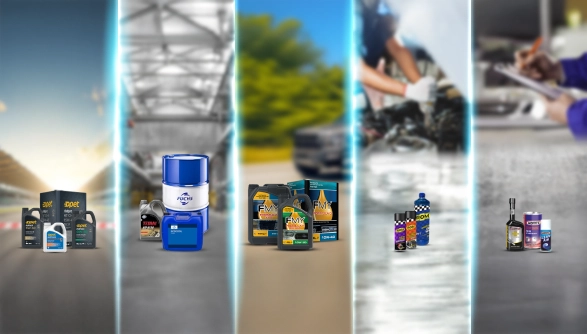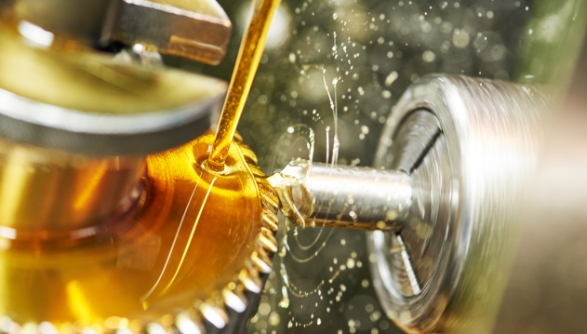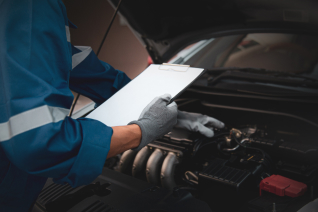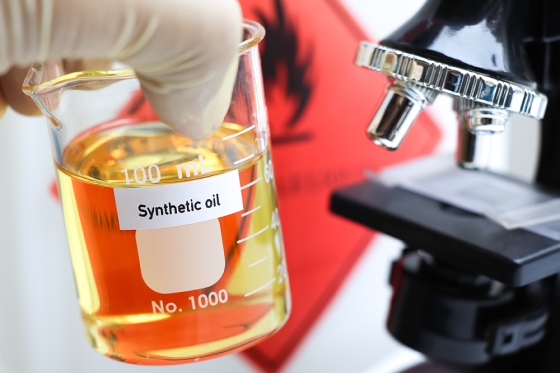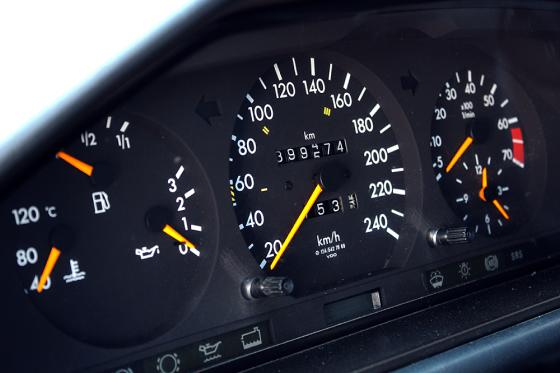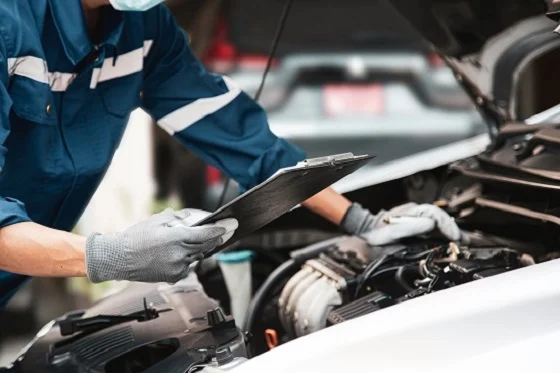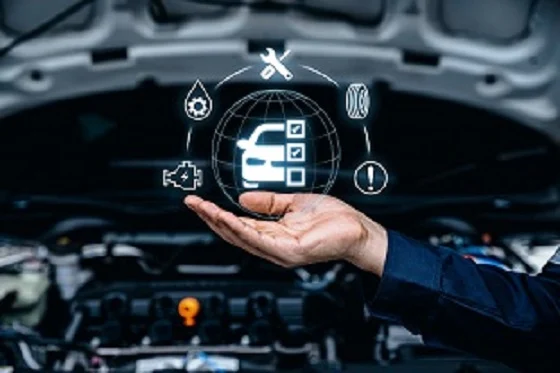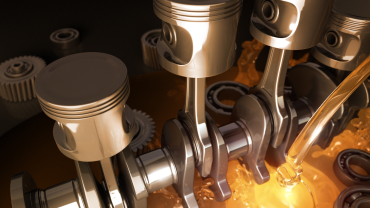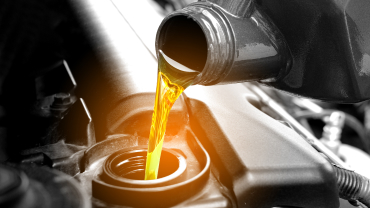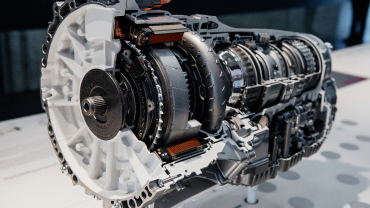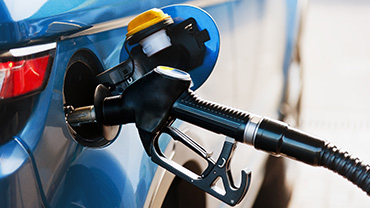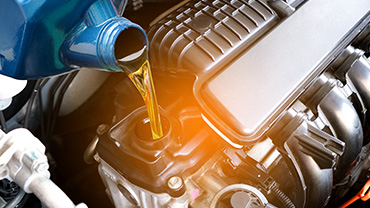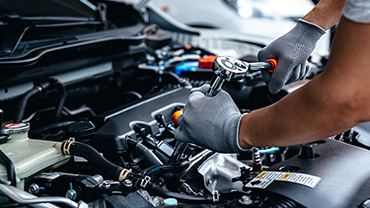Why Does a Car Burn Oil?


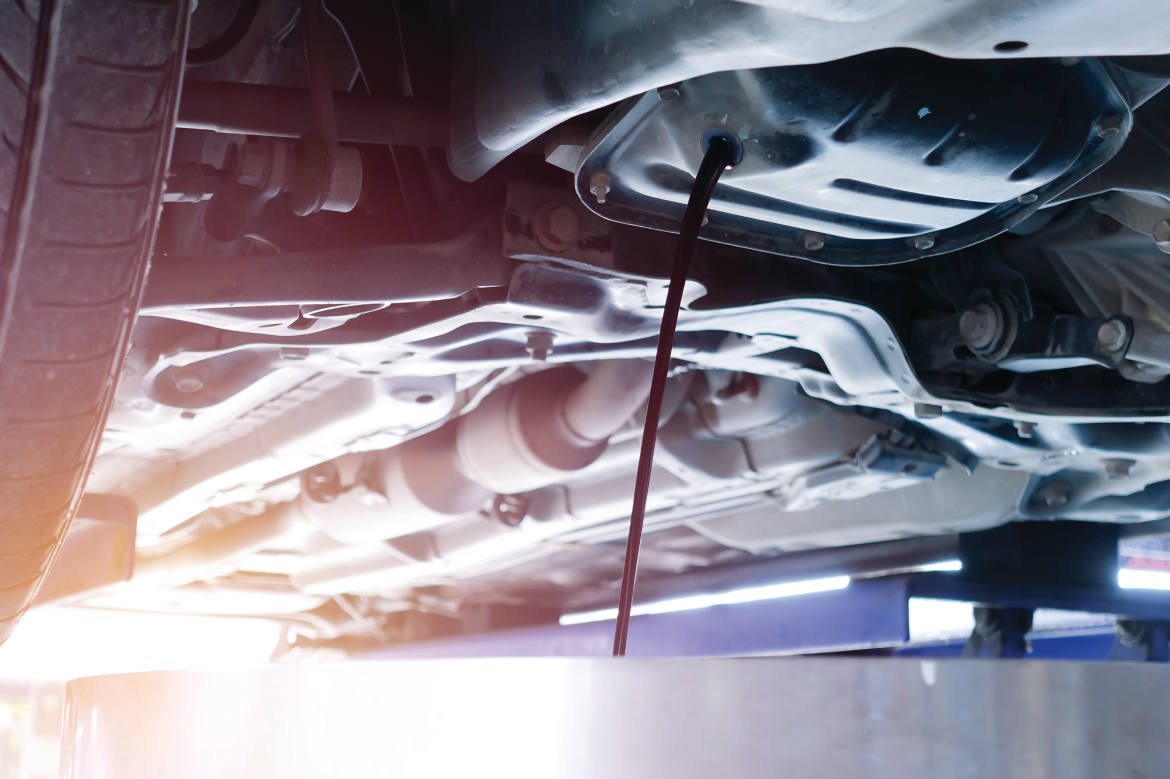
For car owners, checking the engine lubricant level and changing the lubricant is one of the most important aspects of regular maintenance. However, in some cases, vehicles may consume more lubricant than normal or experience "oil burning". So, why do cars burn oil? What are the underlying causes and how can this be prevented? In this article, we will look at the reasons why a car engine burns oil, the problems of running low on oil and ways to deal with these problems.
Why Do Cars Burn Oil?
Engine lubricant is vital to reduce the friction of the vehicle's moving components, prevent the engine from overheating and protect engine parts. However, over time, due to mechanical problems or conditions of use, engine lubricant can leak into the combustion chamber and burn out there. Here are a few common answers to why a car engine burns oil:
- Worn Rings or Pistons: The rings in the engine's pistons are designed to keep oil out of the combustion chamber. However, over time, the rings can wear out or fail to function properly. In this case, oil leaks into the combustion chamber and burns with the fuel. This is one of the most common causes of oil burning.
- Seal Issues: If the engine's cylinder head gasket has a leak, engine lubricant can pass into the combustion chamber. This not only increases oil consumption but also leads to a loss of engine performance.
- Worn Turbocharge: If your vehicle has a turbocharged engine, over time, the bearings in the turbo unit may wear out and cause oil leakage. Burning oil in the turbocharger can contribute to the engine burning oil.
- Valve Guides and Seals: Problems with valve guides or seals can cause engine oil leakage and oil burning in the combustion chamber.
- Using the Wrong Lubricant: If you are using a lubricant with a viscosity other than the recommended value for your engine, this may also increase oil burning. Using the type of lubricant recommended by the engine manufacturer is crucial for preventing such problems.
Why Do Cars Lose Oil?
Another common issue is the oil losing. Oil losing may not be as serious a problem as oil burning, but it can have detrimental effects for the engine in the long run. So, why do cars lose oil? Here are some main reasons:
- Natural Consumption: During normal operation, all engines can consume a small amount of lubricant. However, if this consumption exceeds a particular limit, it may indicate a problem.
- External Leaks: Oil leaking from the seals on the bottom or sides of the engine can cause your vehicle to run low on oil. In this case, you may notice oil deposits on the bottom of your vehicle.
- High Mileage: Engines with high mileage tend to consume more lubricant over time. Due to wearing parts, the engine's capacity to hold lubricant may decrease.
Why Does a Car Engine Burn Oil & How to Prevent It?
When looking for an answer to why a car engine burns oil, it is important to know the ways to prevent this problem. Here are some measures you can take to prevent oil burning:
- Regular Maintenance: It is important to take your vehicle to service regularly and keep up with oil changes to prevent oil burning and oil loss problems. You should have the oil filter and gaskets checked regularly.
- Using the Proper Lubricant: Use the recommended engine lubricant for your engine. Using the wrong lubricant can negatively affect engine performance and cause oil burning problems.
- Replacement of Worn Parts: If engine parts are worn, parts such as rings, gaskets or valve guides may need to be replaced to eliminate the problem.
- Turbocharge maintenance: For turbocharged vehicles, regular inspection of the turbo unit is a critical step to prevent oil leaks.
If you notice signs of oil burning or oil loss in your vehicle, you should not overlook this problem. Knowing the answers to questions such as why cars burn oil and why cars lose oil will help you take the right steps in case you encounter these problems. Please keep in mind that engine lubricant not only protects your engine, but also directly affects the performance and longevity of your vehicle. You can get detailed information about lubrication from our page https://www.opetfuchs.com.tr/tr/blog/guvenli-ve-etkin-yaglama-icin-en-iyi-pratikler and prevent such problems with regular maintenance and proper lubricant selection.


